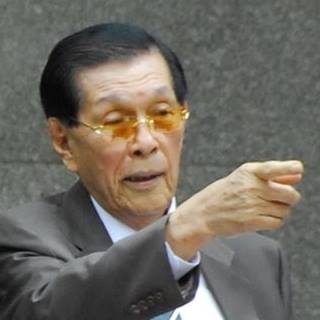
SCARCITIES and hoardings of prime commodities were recurrent problems of the Marcos regime in the early years of martial law. The experience I gathered in solving scarcities and hoarding in those days taught me that businessmen were a peculiar breed. They would take whatever risk there was for as long as they could generate profits for themselves.
The first case of hoarding I handled in the early days of martial law was the sudden disappearance of sugar in the market. This happened a few weeks after martial law was declared. Malacañang was swamped with frantic telephone calls one morning in October 1972 from irate housewives and other users of sugar as raw material for their products. Their common complaint was the sheer absence of sugar in the market.
Alarmed, President Marcos called me up and asked me to do something about the problem. I checked the condition of the market, and true enough sugar was scarce, and the price suddenly went up very high. Food producers were forced to pay a high price to maintain their operations. Housewives and small shop operators could hardly afford the exorbitant price of sugar.
I requested the few sugar traders of the country to have a breakfast meeting with me at Camp Aguinaldo. The meeting was held in the conference room of the headquarters of the Armed Forces of the Philippines. The leader of the sugar traders at that time was the late Antonio Roxas Chua.
I appealed to the sugar traders for help. I asked them to order the release of their available sugar supplies to the market. They denied that they were hoarding. I did not argue with them.
After breakfast, I did not end the meeting. I felt that they were not telling me the true situation. I kept asking them about the annual quantities of sugar production in the country; the annual domestic demands; and the annual allowable export quota for the American market. No one was answering my questions. I asked them to get the information from their respective offices for me.
But no one made any effort to do so. I noticed that they were getting uneasy with my questions. Some expressed their desire to leave for their offices, but I ignored them as though I did not hear them.
I called my military aide. When he arrived, I loudly instructed him to prepare lunch. I told the sugar traders that I needed their help. The President, I told them, wanted the problem solved right away. I also told them that they had to stay with me and help me find sufficient supply for the market.
After hearing me, Antonio Roxas Chua, the leader of the group, went to the phone. He called somebody. Then, the other traders, one by one, followed and did the same.
An hour later, I learned that truckloads of sugar were being unloaded in the markets of Metro Manila. By noon of that day, the sugar crisis was completely solved.
Source: JP Enrile Facebook
